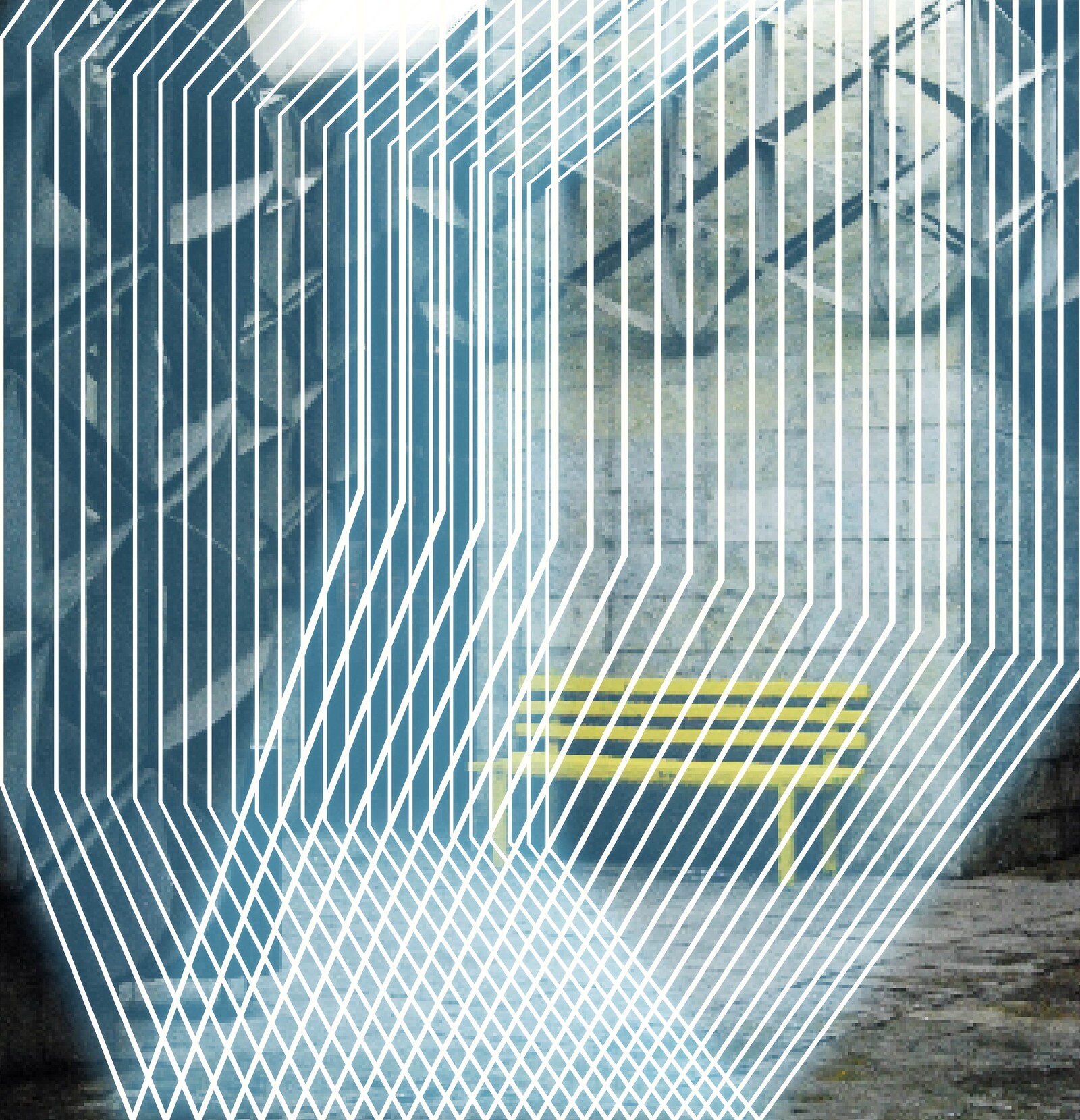Poliksen Qorri Dragaj & Hamdi Qorri
May 20–November 26, 2023
Museo Storico Navale della Marina Militare Riva S. Biasio
2148 30122 Venice Italy
Italy
kosovopavilion.biennale@gmail.com
rks2 / transcendent locality. Exhibitors: Poliksen Qorri-Dragaj, Hamdi Qorri. Commissioner: Dafina Morina. Organization: The Ministry of Culture, Youth and Sports of the Republic of Kosovo. Venue: Arsenale, Venice.
The Republic of Kosovo is taking part for the fifth time in the International Venice Architecture Biennale, opening on May 20, 2023 and running through to November 26, 2023.
Up to the present day, migration plays a significant role in the social development of Kosovo. It manifests itself in different forms, which differ in motives, manner, and duration. The exhibition deals with a special form of migration, which illustrates that the migratory process is not completed with the simple move to another country. It often takes place in different phases, some of which end in a return to the home country. This return can be temporary, seasonal, or permanent, but what they all have in common is that they ensure that connections and networks of different kinds are created between the homeland and the hostland. This form of migration can be described as the concept of translocality, a model of life that is becoming more and more prevalent. People living in multiple places at the same time, maintaining connections between hostland and homeland through communication, transfer of knowledge, information, material and immaterial goods.
In the course of the tense political situation and an ever-worsening marginalization of the kosovo-albanian population during the breakdown of the Yugoslavian Republic, hundreds of thousands ofpeople sought refuge and protection abroad. In some cases, this flight would often last for decades without return. During this conflict- and war-related migration wave in the late 1980s to the late 1990s, people fleeing found temporary arrival mostly in OECD countries, regulated in the form of a residence permit as politically persecuted persons. This legal status did not provide for a return to the homeland as long as the reason for flight had not been resolved and lifted. For many refugees, this represented a state of waiting and lingering, because the reason for migration was not a self-determined one, it was imposed from the outside.
The perceived locality of this migration group is the starting point for a spatial-philosophical narrative: transcendent locality. The concept of transcendence is variously described and defined from ancient to contemporary philosophy. Common to all meanings is that transcendence implies the process of crossing a boundary that separates two fundamentally different spheres.
For the individuals living in migration, the circumstance of not being able to return to their homeland for an indefinite period represented a deep caesura in their lives. On the one hand the migrated individuals were physically present in the Hostlands. superficially managing their everyday life and functioning in their new environment. But on the other hand, the emotional presence, was a different aspect: due to the conflict, attention and thoughts revolved around the abandoned homeland, fears and insecurities often did not allow the individuals to arrive at the hostland. They were located in an intermediate state between the physical now and the abandoned before. In this state boundaries between the immanent being in the now and the transcendent being in the mind blur—the migrated individual is in a transcendent locality.
The project explores the impact of transcendent locality on immanent space in the short and long term: In Kosovo it can be very well observed how the return of migrants after the war has affected Kosovar cities and how the social migration networks, which developed in the hostlands, impact on urban space in the form of translocal urbanism. The project opens for discussion on how urban planning can respond to these specific conditions in order to create urban resilience and liveable cities.
Biographies
Poliksen Qorri-Dragaj: Born 1985 in Mitrovicë/Kosovo, Poliksen Qorri-Dragaj graduated in 2014 with a degree in architecture and a specialization in urban planning, from the Karlsruhe Institute of Technology in Karlsruhe Germany. Afterwards she worked as an urban planner at the planning office berchtoldkrass in Karlsruhe, Germany. The spectrum of her work as an urban planner ranges from classical urban development planning and development concepts to visualization strategies, urban planning models, interdisciplinary urban climate adaptation planning and higher-level spatial analyses. Since 2020, she is working as a research assistant at the Chair of Urban Planning at the RPTU.
Kaiserslautern-Landau, Germany. Her teaching focus is on urban design. Her research focuses on post-conflict cities.
Hamdi Qorri: Hamdi Qorri, born 1959 in Drenas/Kosovo, graduated in 1985 with a degree in Architecture from the University of Prishtina. He lives and works in Drenas and Prishtina. His broad architectural portfolio includes work of different scales and typologies. In addition to his work as an architect in his planning studio Inxhiniering, he was, among other things, Director of the Directorate for Urbanism and Environmental Protection at the Municipality of Drenas (2000-2005), project manager at “Women for Women” in Prishtina (2005-2007) and worked 2017 on his dissertation on “Urban sprawl as a phenomenon in a transitional context - causes, consequences and their impact in spatial planning” at the University of Sarajevo.
Press inquiries
Nadia Fatnassi, International PR, T +33 652 086 908, nadia [at] closeencounters.fr.
Kathrin Luz, German Media Relations, +49 (0) 171 3102472, kl@luz-communication.de
Simon Kurti, Local PR, T +383 44 913 137, kurtisimon [at] gmail.com.




